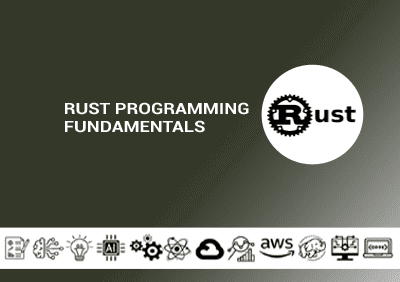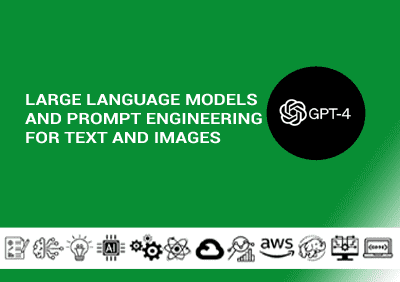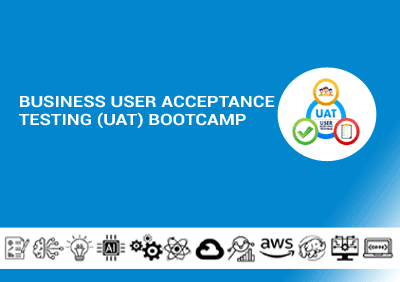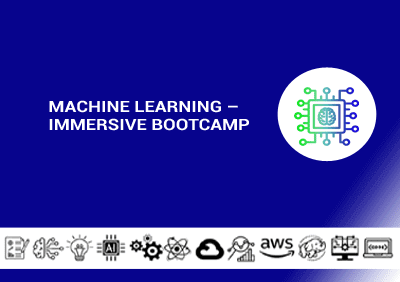- Overview
- Prerequisites
- Audience
- Audience
- Curriculum
Description:
Quantum Cryptography represents a significant leap forward in securing information against increasingly sophisticated threats. With the advent of quantum computing, traditional cryptographic methods face potential obsolescence. This course provides a comprehensive introduction to Quantum Cryptography, including the principles of quantum mechanics that underlie it, the functioning of Quantum Key Distribution (QKD), and the broader implications of quantum technologies on current security systems.
Participants will explore the technical foundations of quantum cryptographic protocols, understand how to implement QKD, and learn about the challenges and opportunities associated with quantum computing. The course also covers the potential impact on industries such as finance, defense, and telecommunications, where secure communication is paramount.
Duration: 3 Days
Course code: BDT370
Learning Objectives:
By the end of this course, participants will be able to:
- Understand the fundamentals of quantum mechanics and their application to cryptography.
- Explain how Quantum Key Distribution (QKD) works and its advantages over classical key distribution methods.
- Assess the potential threats posed by quantum computing to existing cryptographic systems.
- Implement basic quantum cryptographic protocols.
- Explore the practical applications and current state of quantum cryptography in various industries.
- Identify the challenges and future directions of quantum cryptographic research.
- Basic understanding of classical cryptography principles
- Familiarity with quantum mechanics concepts is recommended but not mandatory
- This course is designed for cybersecurity professionals, cryptographers, researchers, and advanced IT specialists interested in the future of cryptography. It is also suitable for individuals who wish to explore the implications of quantum computing on cybersecurity and cryptographic protocols.
- This course is designed for cybersecurity professionals, cryptographers, researchers, and advanced IT specialists interested in the future of cryptography. It is also suitable for individuals who wish to explore the implications of quantum computing on cybersecurity and cryptographic protocols.
Course Outline:
Module 1: Introduction to Quantum Mechanics and Cryptography
- Overview of Quantum Mechanics: Key Concepts and Principles
- Classical vs. Quantum Cryptography: A Comparison
- Quantum Bits (Qubits) and Quantum Entanglement
- Introduction to Quantum Computing
- Hands-On: Simulate basic quantum states and entanglement using quantum programming environments like IBM Qiskit.
Module 2: Quantum Key Distribution (QKD)
- Principles of Quantum Key Distribution
- BB84 Protocol: The First Quantum Cryptography Protocol
- E91 Protocol: Using Entanglement for Key Distribution
- Practical Implementation of QKD
- Hands-On: Implement a simple QKD protocol using a quantum simulator.
Module 3: Security Implications of Quantum Computing
- The Threat of Quantum Computing to Classical Cryptography
- Shor's Algorithm and Its Impact on RSA and ECC
- Post-Quantum Cryptography: Preparing for the Quantum Era
- Hands-On: Explore quantum-resistant algorithms and evaluate their performance against quantum attacks.
Module 4: Applications of Quantum Cryptography
- Quantum Cryptography in Secure Communication
- Quantum Networks and Quantum Internet
- Applications in Finance, Defense, and Telecommunications
- Hands-On: Design a quantum-secure communication protocol for a financial institution.
Module 5: Challenges and Future of Quantum Cryptography
- Current Limitations and Technical Challenges
- Quantum Cryptography in the Real World: Adoption and Deployment
- Future Directions: Quantum Repeaters, Quantum Satellites, and Beyond
- Hands-On: Analyze a case study on the deployment of quantum cryptography in a real-world scenario.
Module 6: Structured Activity/Exercises/Capstone Project
- Capstone Project: Develop a comprehensive quantum cryptography strategy for a hypothetical organization, addressing key distribution, communication security, and potential quantum threats.
Training material provided: Yes (Digital format)
Additional Information:
Participants will need access to quantum programming environments such as IBM
Qiskit, which is free to use but requires account registration. No paid tools are required for this course, but participants will benefit from a stable internet connection and a modern web browser for accessing online quantum simulators.




